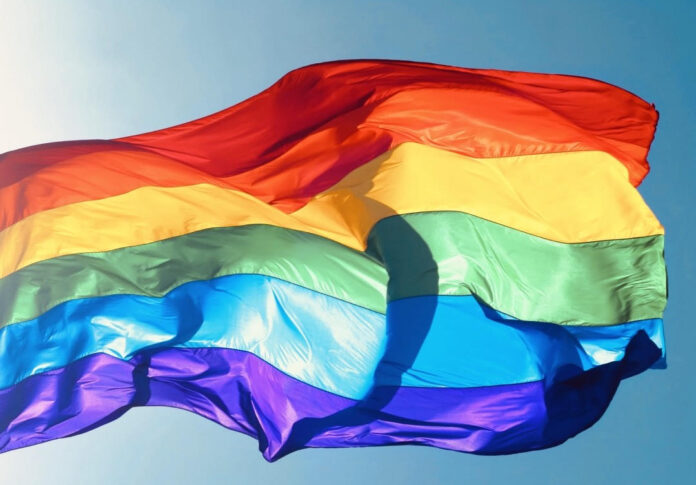In a highly contentious decision, the Supreme Court’s conservative majority handed down a ruling on Friday that has raised concerns among advocates for LGBTQ+ rights. The court, in a 6-3 decision, sided with a Christian graphic artist named Lorie Smith, granting her the right to refuse providing services to same-sex couples seeking wedding website designs. This ruling comes despite the existence of a Colorado law that prohibits discrimination based on sexual orientation, race, gender, and other protected characteristics. Smith had argued that the law infringed upon her freedom of speech.
Opponents of the ruling cautioned that this victory for Smith could set a dangerous precedent, potentially allowing various businesses to discriminate against customers based on factors such as race, religion, or immigration status. The fear is that it might open the door for denying services to Black, Jewish, or Muslim individuals, interracial or interfaith couples, or immigrants. On the other hand, Smith and her supporters maintained that a ruling against her would force artists, including painters, photographers, writers, and musicians, to create work that contradicts their personal beliefs.
The Supreme Court’s decision has ignited a heated debate surrounding the delicate balance between free speech and the protection of LGBTQ+ rights. Advocates for equal rights argue that allowing businesses to refuse services to same-sex couples undermines the progress made toward inclusivity and equal treatment for the LGBTQ+ community. They emphasize the importance of upholding anti-discrimination laws to safeguard the rights of marginalized groups.
Conversely, proponents of the ruling contend that protecting individual freedom of expression is crucial in a diverse society, and artists should have the right to decline projects that conflict with their deeply held beliefs. They argue that compelling artists to create art that goes against their convictions violates their constitutional rights and infringes on their creative autonomy.
The Supreme Court’s decision has undoubtedly sparked a broader conversation about the delicate balance between protecting the rights of marginalized communities and upholding the principles of free speech and religious freedom. It remains to be seen how this ruling will impact future legal battles and the ongoing pursuit of equality for all individuals, regardless of their sexual orientation.
Written by:
Dana Sterling-Editor







